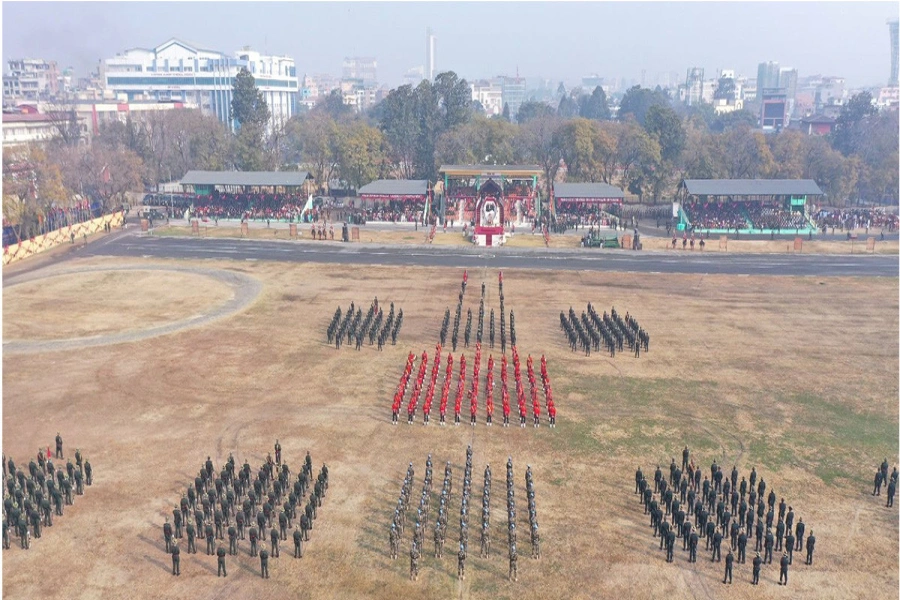The world looked on in awe and admiration as India achieved an extraordinary feat, landing its spacecraft, Chandrayaan-3, on the rugged and unexplored south pole of the moon. This momentous achievement not only marks a significant milestone in India's journey as a space power but also stands as an inspiration for its neighboring nations including Nepal. As India's neighbor, we must join in celebrating this remarkable accomplishment and strive to emulate such remarkable achievements in our own scientific endeavors. Prime Minister Narendra Modi encapsulated the sentiment of the nation when he declared, "This moment is unforgettable. It is phenomenal. This is a victory cry of a new India." Indeed, the successful landing of Chandrayaan-3 signifies the remarkable progress India has made in the realm of science and technology, and it sends a powerful message of India's commitment to pushing the boundaries of human knowledge and capability.
The significance of this achievement is underscored by the challenging nature of the mission. The rough terrain of the moon's South Pole makes landing a spacecraft a complex endeavor. However, India's triumph in overcoming these challenges demonstrates the country's engineering prowess and its ability to tackle formidable obstacles. The region's ice, which could potentially provide valuable resources for future missions, adds an extra layer of importance to the successful landing. It opens up the possibility of utilizing the moon as a resource hub for sustaining extended space missions. India's success also places it among an elite group of nations that have achieved the monumental feat of landing a spacecraft on the moon. The United States, China, and the former Soviet Union are the only other nations to have accomplished this incredible feat. This accomplishment underscores India's growing influence in the field of space exploration and cements its position as a leading player in the global space community.
Insightful quotes to draw inspiration for the day

For Nepal as India's close neighbor, this achievement serves as a source of inspiration and a call to action. We must take this moment to reflect on our own capabilities and aspirations in space exploration. India's success demonstrates that with determination, investment, and dedication, it is possible to overcome even the most daunting challenges. The technological prowess displayed by the Indian Space Research Organization (ISRO) is a testament to what can be achieved when a nation commits itself to the pursuit of scientific excellence. As India's closest neighbors, we share not only geographic proximity but also cultural and historical ties. The success of Chandrayaan-3 is a triumph for the entire region. It showcases the potential within our collective borders and serves as a reminder that progress in one nation can catalyze progress in the entire region. By celebrating India's success, we celebrate our shared dreams and aspirations.
It is crucial that we do not view India's accomplishment as a mere triumph for one nation but rather as an achievement that elevates the entire region. This moment serves as a rallying call for us to invest in education, research, and technology, fostering an environment to promote our own scientific endeavors. India's triumphant landing of Chandrayaan-3 on the moon's South Pole is a historic moment that reverberates far beyond its borders. As India's neighbors, we must join in celebrating this remarkable achievement and draw inspiration from it. Let us use this moment to reflect on our own capabilities, aspirations, and potential. Just as India's success is a testament to its progress, it can also be a catalyst for progress throughout the region. The sky is not the limit; it's just the beginning of our shared journey into the cosmos.






































